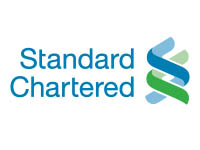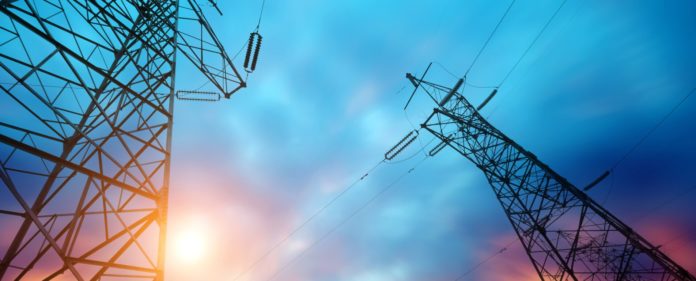
Govt inaugurates energy sector reform committee
Efforts to reform the energy sector are gathering momentum, as government has this week taken a crucial step towards reigning in the current take or pay structure and excess supply capacity that pose serious financial risks to the economy.
The Ministry of Finance on Monday inaugurated a government-led Energy Sector Recovery Programme Steering Committee, comprising of members across various sectors and ministries.
This year’s take or pay contract contingent liabilities are contributing to a worrying fiscal deficit overrun and stand to threaten the 5 percent fiscal deficit cap next year when election related rises in public expenditure will be inevitable.
The existing take or pay contracts are primarily the result of efforts by the erstwhile Mahama administration to attract private investment into power generation to increase capacity during the acute power crises that afflicted Ghana between 2012 and late 2016.
This week’s step forms a key part of the initial three-month consultation process between government and each Independent Power Producer (IPP) and Gas Supplier (GS), ensuring that all outstanding issues are resolved in a manner that is sustainable for both the country and its partners.
“The purpose of the Steering Committee is to take responsibility for the consultation process with the IPPs and GSs over the coming months, with the objective of ensuring a sustainable energy partnership with each IPP and GS,” Ken Ofori-Atta, Minister of Finance said at the inauguration ceremony in Accra.
At the Mid-Year Budget Review, the Finance Minister announced plans to rationalise the commercial agreements in Ghana’s energy sector, including reassessing all take or pay contracts.
This became necessary due to the crystallisation of energy sector contingent liabilities in respect of take-or-pay contract obligations with IPPs estimated at GHc 5.1 billion for 2019, which are being amortized. In effect, this has increased the requirements for external amortisation above the amount originally programmed for in the 2019 Budget.
Take or pay contracts assure private sector investors in power generation that they would be paid by the state – as the sole off taker of power – whether the power they are capable of producing is used or not. However, this has resulted in excess capacity and so government is currently forced to pay for power not being used.
Indeed, the contingent liabilities resulting from take or pay contracts are equivalent to more than one third of the overall targeted fiscal deficit for 2019 of GHc14.536 billion, which as at the third quarter of the year was being overshot due to public revenues falling some nine percent below target. Finance ministry officials point out that if take or pay liabilities were slashed by half, the fiscal deficit would have been well within target.
The Steering Committee is expected to help implement the Energy Sector Recovery Programme (ESRP), which aims to identify key issues in the energy sector and to propose solutions, in line with government’s long-term sustainable strategy for a competitive and dynamic energy sector.
In a new twist of events however, the IPPs have once again warned that the country could be plunged into dumsor if monies owed them by Electricity Company of Ghana or the erstwhile Power Distribution Services (PDS) are not paid on time.
A statement issued by the Chamber of Independent Power Producers, Distributors and Bulk Consumers (CIPDiB) revealed that they are owed US$ 1.5 billion by ECG; a situation they argue puts the energy sector under serious threat.
Since August 2019, the Ministry of Finance and the Ministry of Energy have been engaging with IPP and GS representatives in order to find solutions that result in a fair outcome for all stakeholders.
Latest Posts

CEO’s Connect 2024: Exploring Business Opportunities for Economic Growth
September 05, 2024

September 05, 2024

August 08, 2024

157TH Canada Day Celebration: Celebrating Strong Bilateral Trade between Canada and Ghana
July 01, 2024

FATHER’S DAY DINNER WITH PRINCE KOFI AMOABENG
July 01, 2024
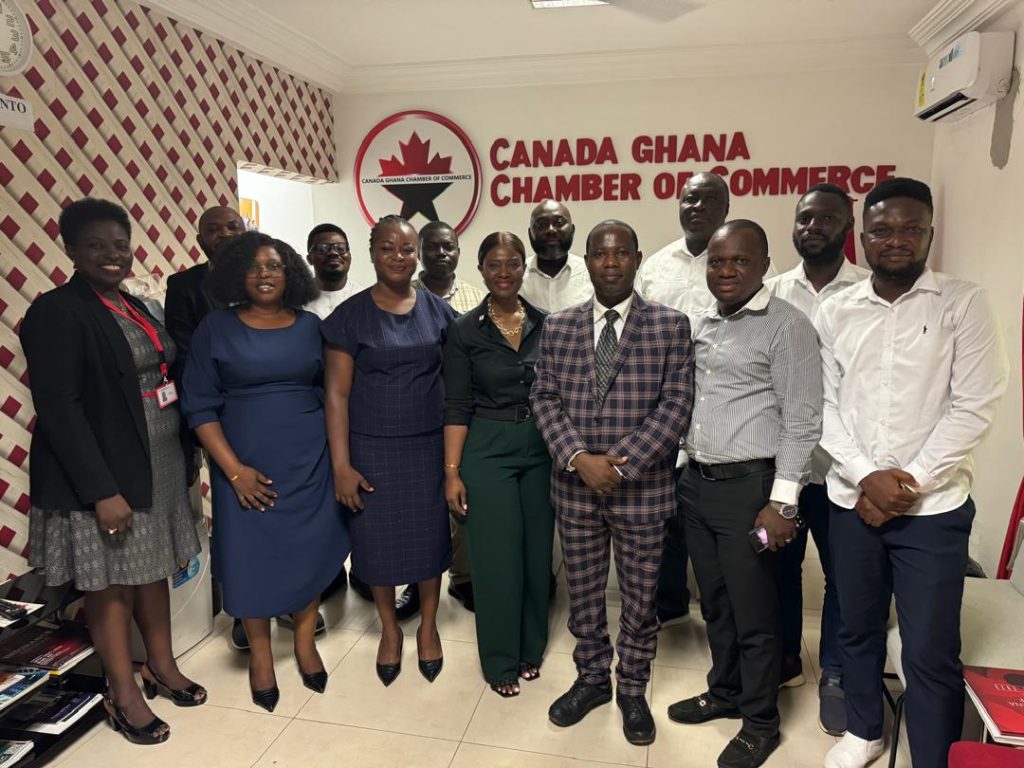
FREIGHT FORWARDERS AND LOGISTICS SECTOR MEETING
July 01, 2024
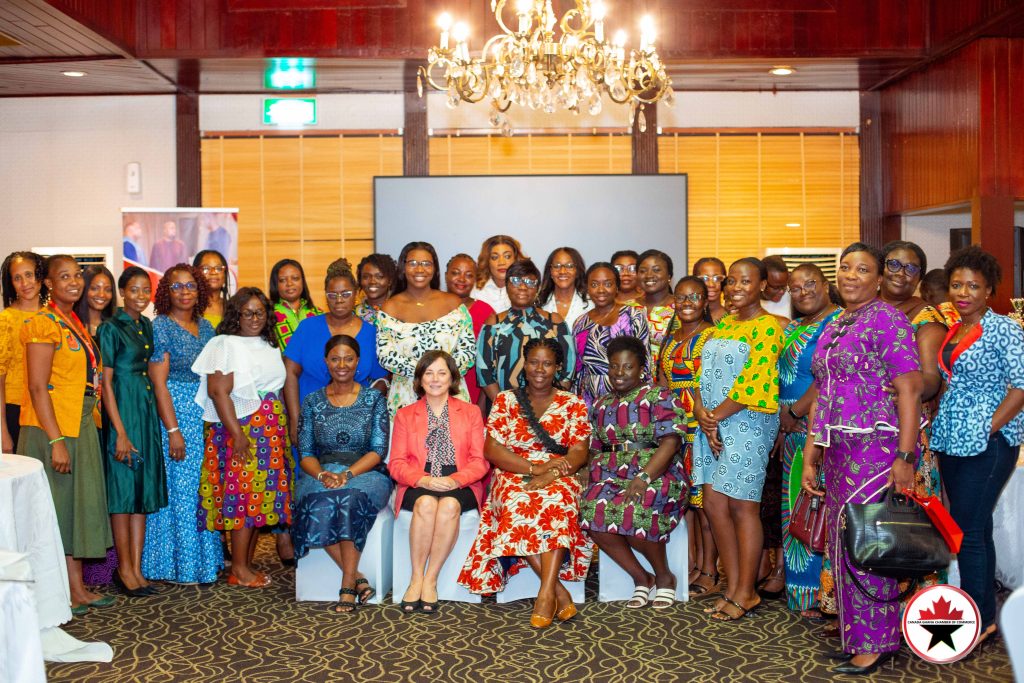
Celebrating Women at the Mother’s Day Dinner
June 03, 2024

CANCHAM Pharmaceutical Sector Meeting Highlights
June 03, 2024
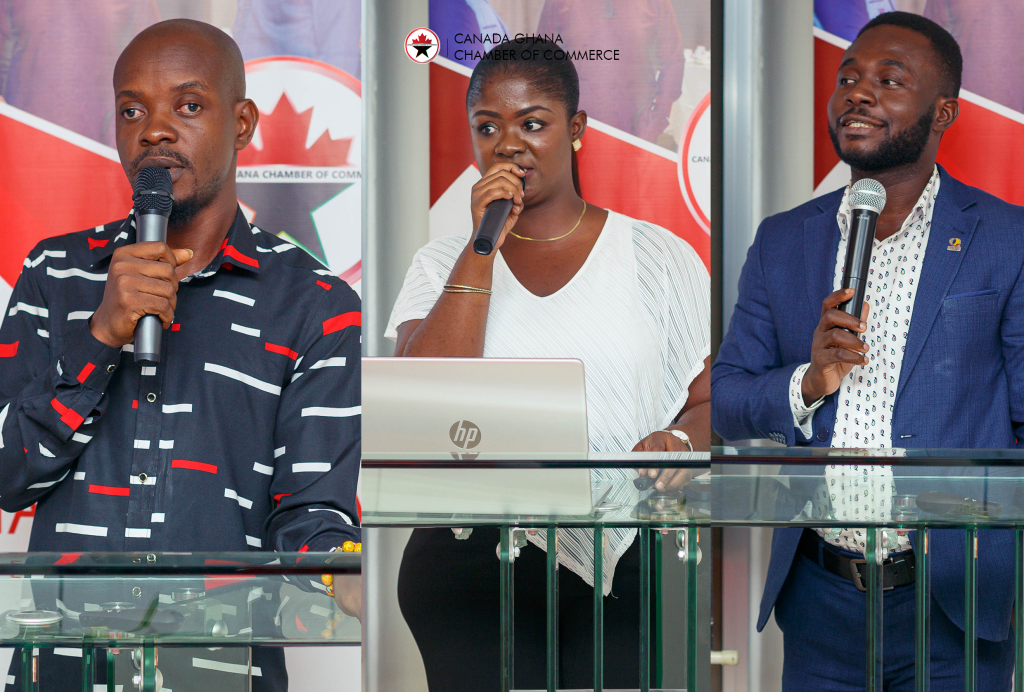
In-house Presentation (May Edition)
June 03, 2024
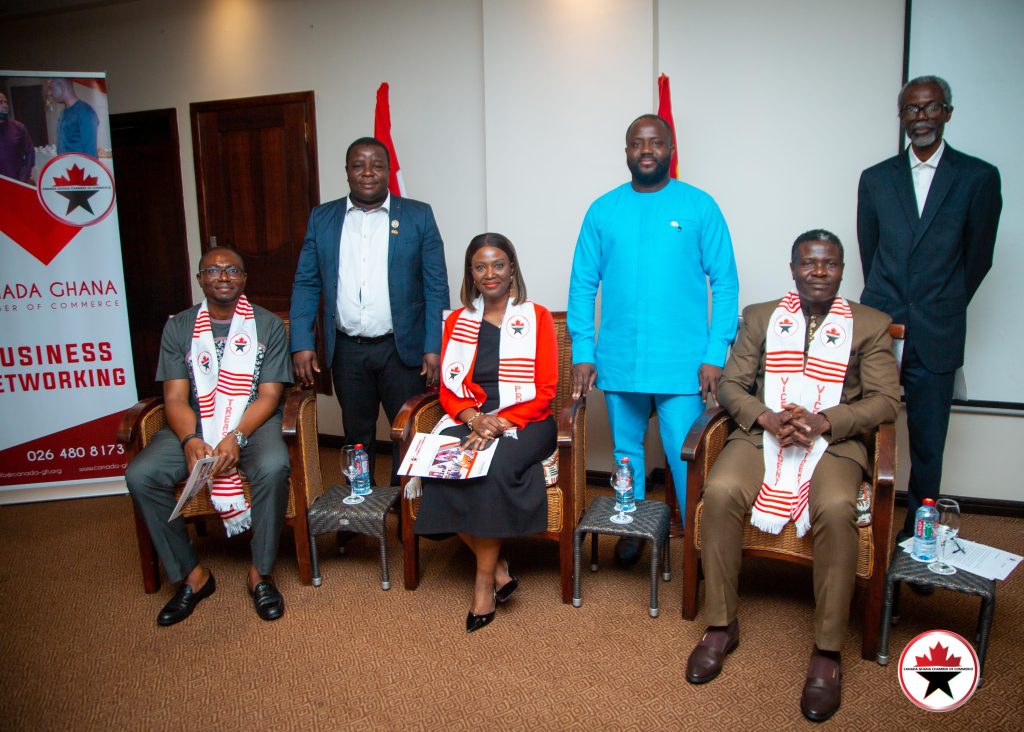
CANCHAM ANNUAL GENERAL MEETING
May 08, 2024
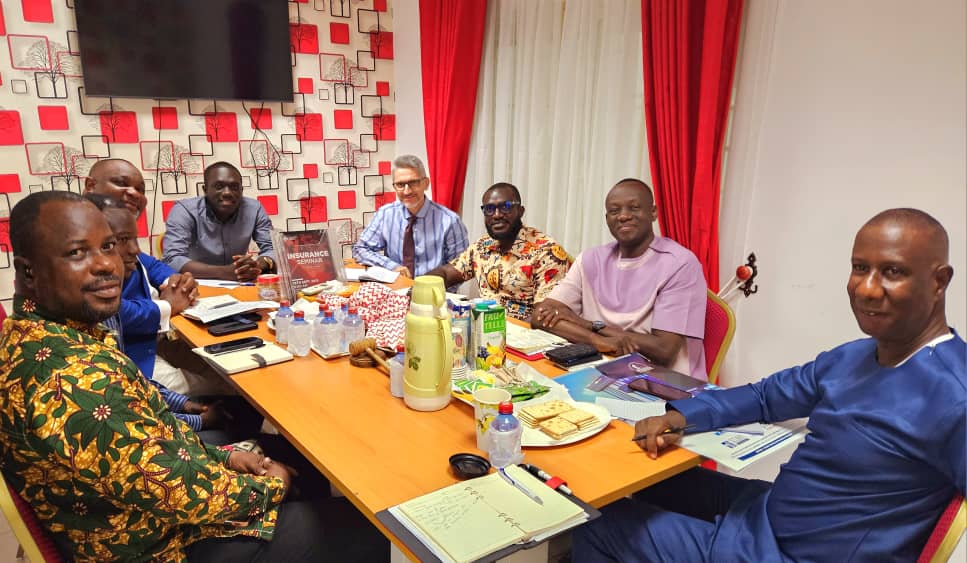
Construction Sector Meeting Hosted by CANCHAM
May 08, 2024
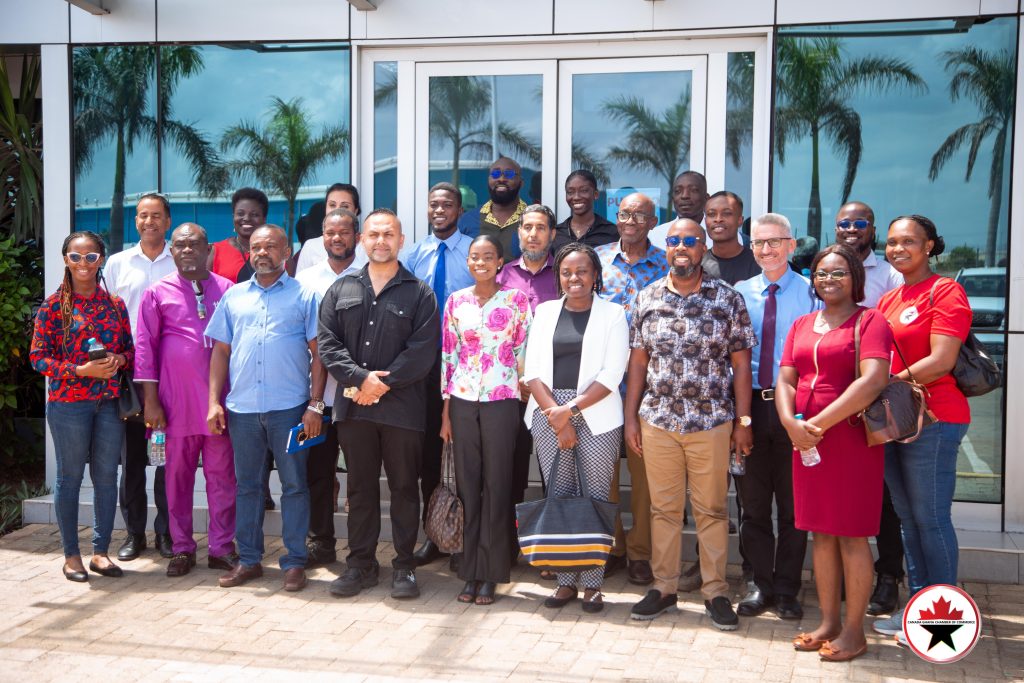
INDUSTRIAL TOUR TO MERIDIAN PARK BY LMI HOLDINGS
May 08, 2024
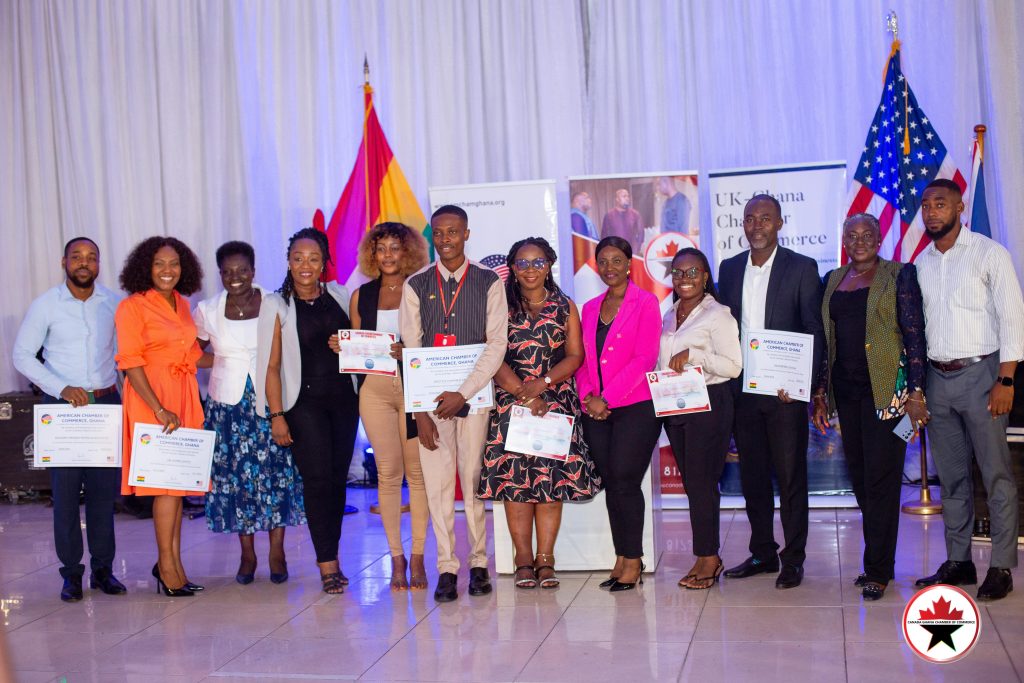
A JAZZ AND WHISKY AFFAIR: A Tri-Chamber Collaboration!
May 08, 2024
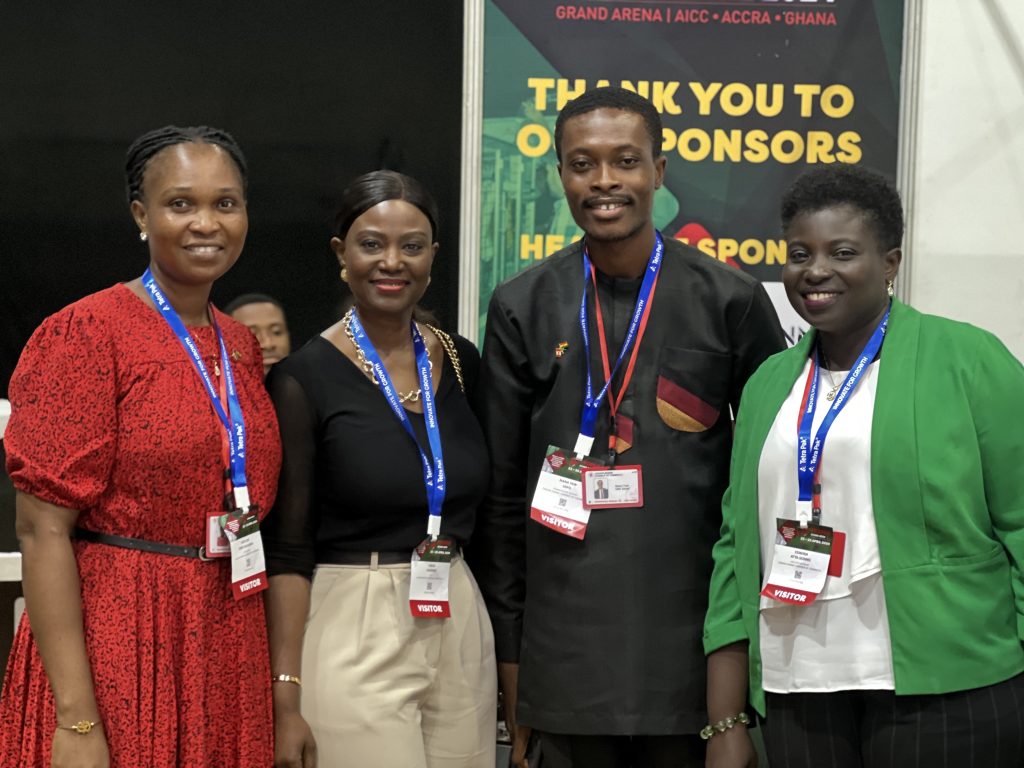
May 08, 2024
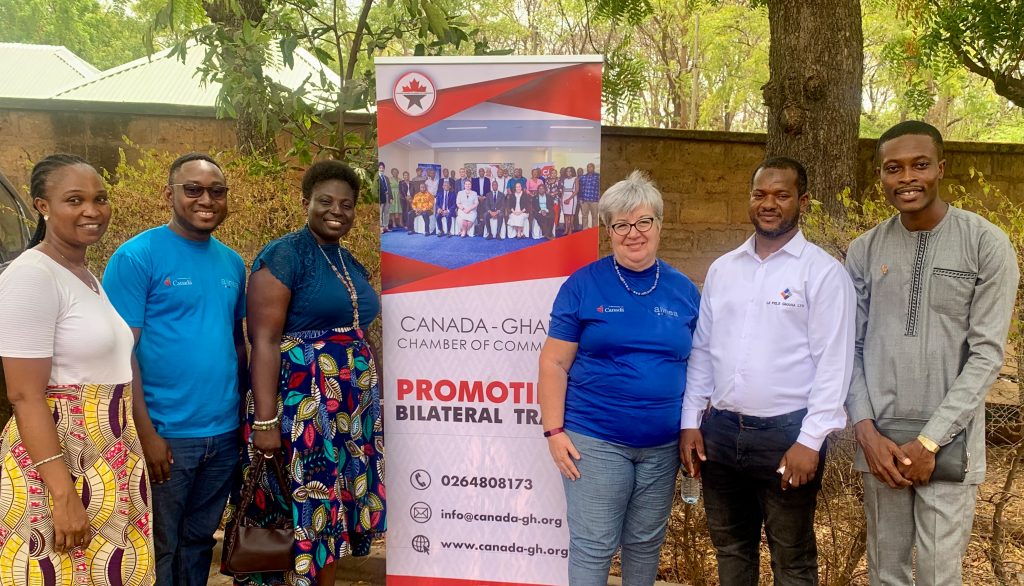
EMPOWERING THE FUTURE: ALINEA FOUNDATION’S WEE-NORTH PROJECT AGM
April 04, 2024

EMPOWERING CHANGE: CANCHAM AND JOY BUSINESS INTERNATIONAL WOMEN’S DAY DIALOGUE
April 04, 2024

April 04, 2024

EXPLORING FLAVORFUL HORIZONS: A JOURNEY WITH FREDDIE BEVERAGES
April 04, 2024

EXPLORING HORIZONS: INSIGHTS FROM HOLLARD INSURANCE’S JOURNEY
April 04, 2024
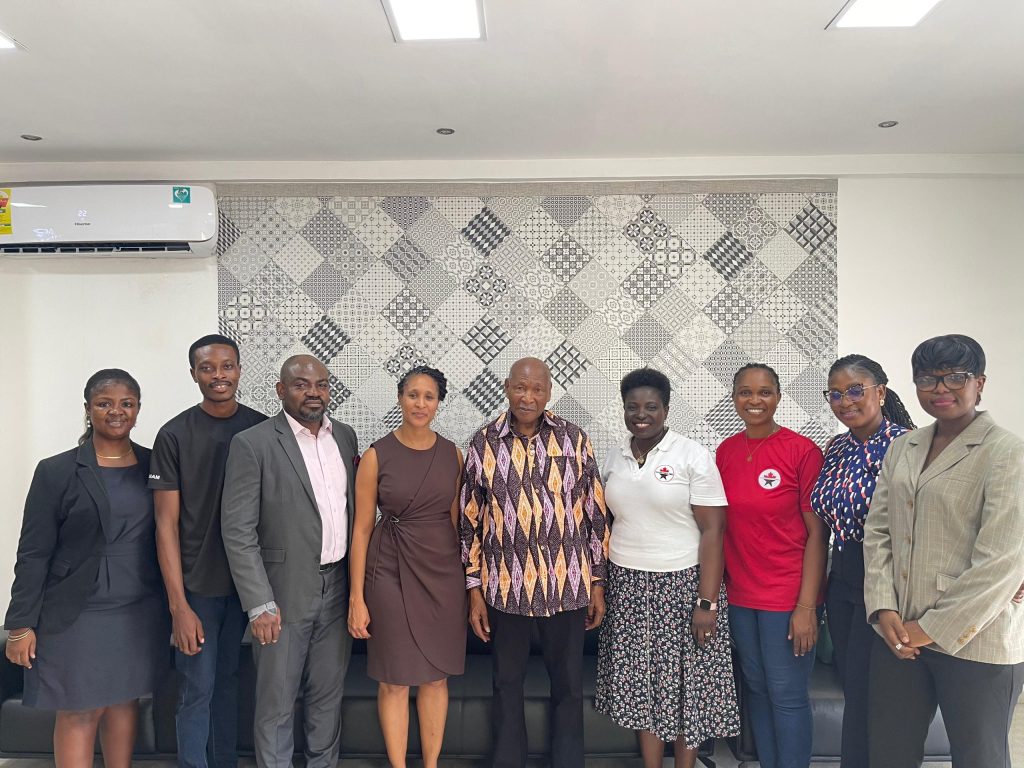
UNLOCKING OPPORTUNITIES: SENA CHARTERED SECRETARIES LIMITED’S EXPANSION ENDEAVOR
April 04, 2024





